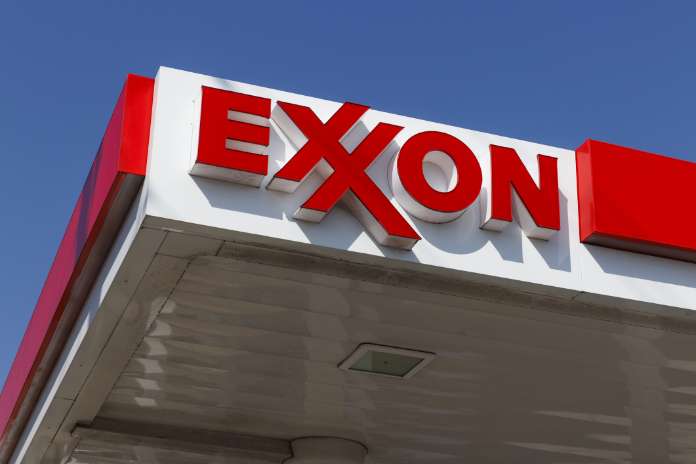Exxon stock may be affected due to a decline in oil production with a Russian project. According to several industry sources cited by Reuters, oil production at the massive Sakhalin-1 Russian Pacific project led by Exxon (NYSE:XOM) has plummeted as a direct result of the U.S. major’s refusal to accept local insurance for tankers following the withdrawal of Western insurers due to sanctions.
Following Moscow’s invasion of Ukraine, western insurers refused to provide coverage for tankers owned and managed by Russia’s largest shipping business, Sovcomflot (FLOT), administered by the state and sanctioned as a result.
One source in the business stated that Exxon (NYSE:XOM) had turned down Sovcomflot’s offer to purchase their tankers. According to the sources, some of the cargoes that were scheduled to supply Indian refiners were also affected since Exxon (NYSE:XOM) did not recognize the alternative protection that Sovcomflot had secured with Russian insurers. This caused the cargo to be damaged.
Requests for comments were made to both Sovcomflot and Exxon (NYSE:XOM), but neither company immediately responded.
This demonstrates the significant influence that ship insurance and re-insurance guarantees may have on operations. It has taken place simultaneously as the European Union is about to implement a ban on the insurance of Russian oil tankers.
Rosneft, the state-owned oil champion of Russia and a participant in the Sakhalin-1 project, has blamed Exxon for the decline in output, stating that the project has produced almost no oil since the middle of May.
Exxon Stock Price Surge
ExxonMobil, which is normally a sleepy company, has become a hot stock in the past year as a result of the spike in the price of energy caused by the reopening of the global economy. The integrated oil major’s share price has increased by about half so far in 2022 and has been more or less trading in line with the price of oil throughout the course of the previous year. ExxonMobil and other energy companies have been providing some relief from what has been an otherwise turbulent year for the stock market as a whole. This is due to the fact that the cost of energy is once again on the increase just as the busy summer travel season is beginning.
Because of sanctions, Exxon’s Russian subsidiary, Exxon Neftegas Ltd., has reported that it is difficult to charter ships.
On Monday, the Russian daily Kommersant was the first to report that production at Sakhalin-1 had halted due to Exxon’s unwillingness to collaborate with Sovcomflot.
When Russia invaded Ukraine on February 24, oil production at the Sakhalin-1 facility dropped to barely 10,000 barrels per day (bpd) from its previous level of 220,000 bpd. This decline occurred earlier this year.
At the beginning of this month, Russian President Vladimir Putin signed a decree establishing a new operator for the Sakhalin-1 field. The subsidiary of Rosneft called Sakhalinmorneftegaz-Shelf will handle this new operator.
The ruling grants the Russian government the ability to decide whether or not shareholders from other countries may continue to have holdings in the project. Shareholders from other countries have one month to indicate whether or not they are interested in keeping their stakes.
In the Sakhalin-1 project, Rosneft has a 20% share, ONGC Videsh (ONVI), the foreign investment arm of India’s state-run ONGC, has a 20% stake. SODECO, Japan’s state-backed oil producer, holds the remaining 30%.
In August, Exxon (NYSE:XOM) said that it was in the process of transferring its 30% ownership in the oil and gas project “to another party.” Still, it did not specify who that other party was.
Featured Image: Megapixl © Jetcityimage















